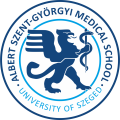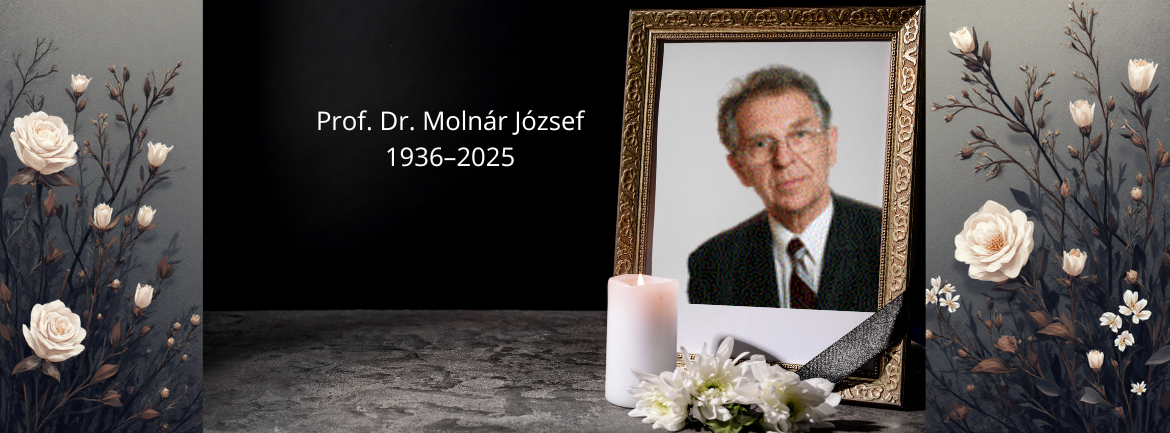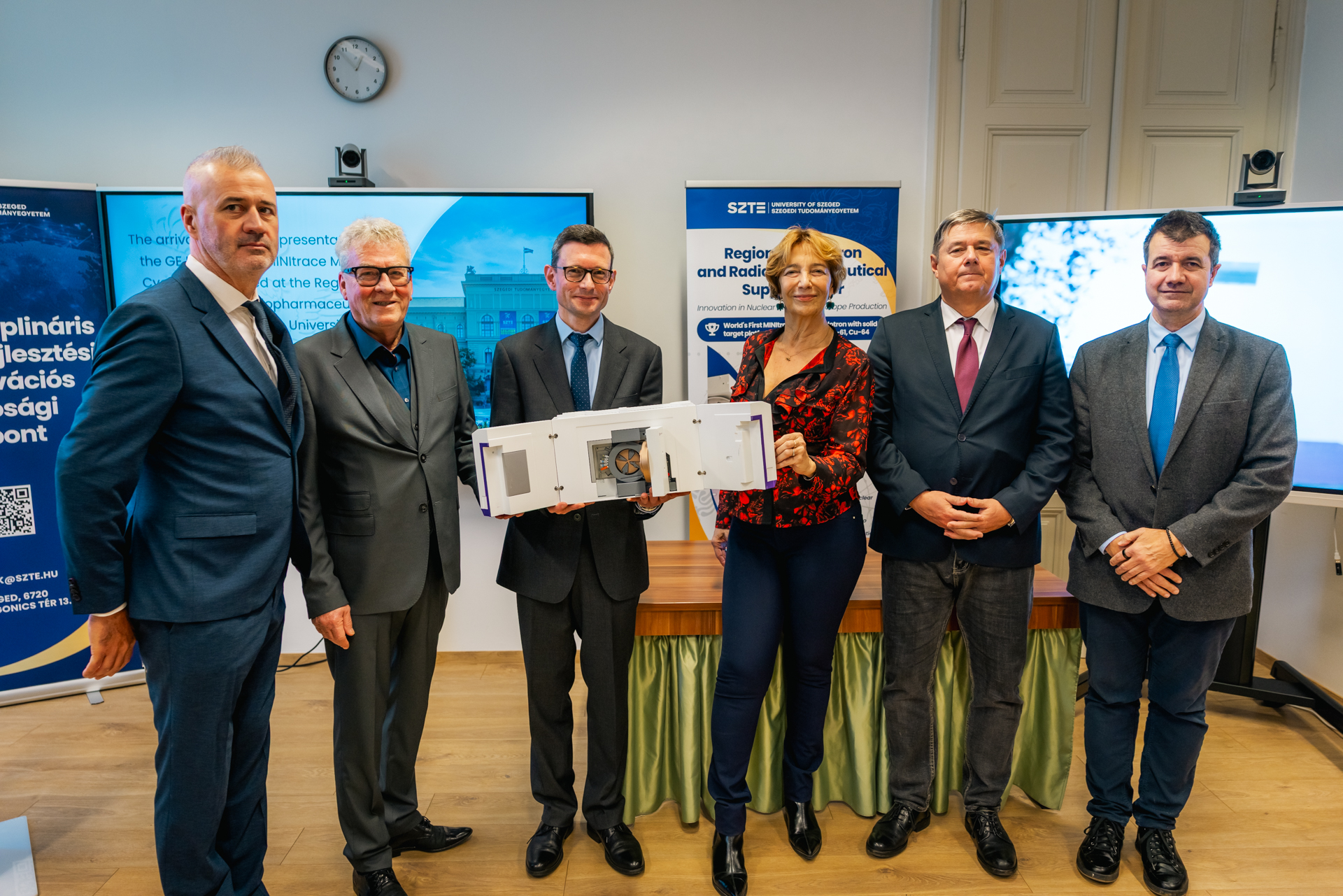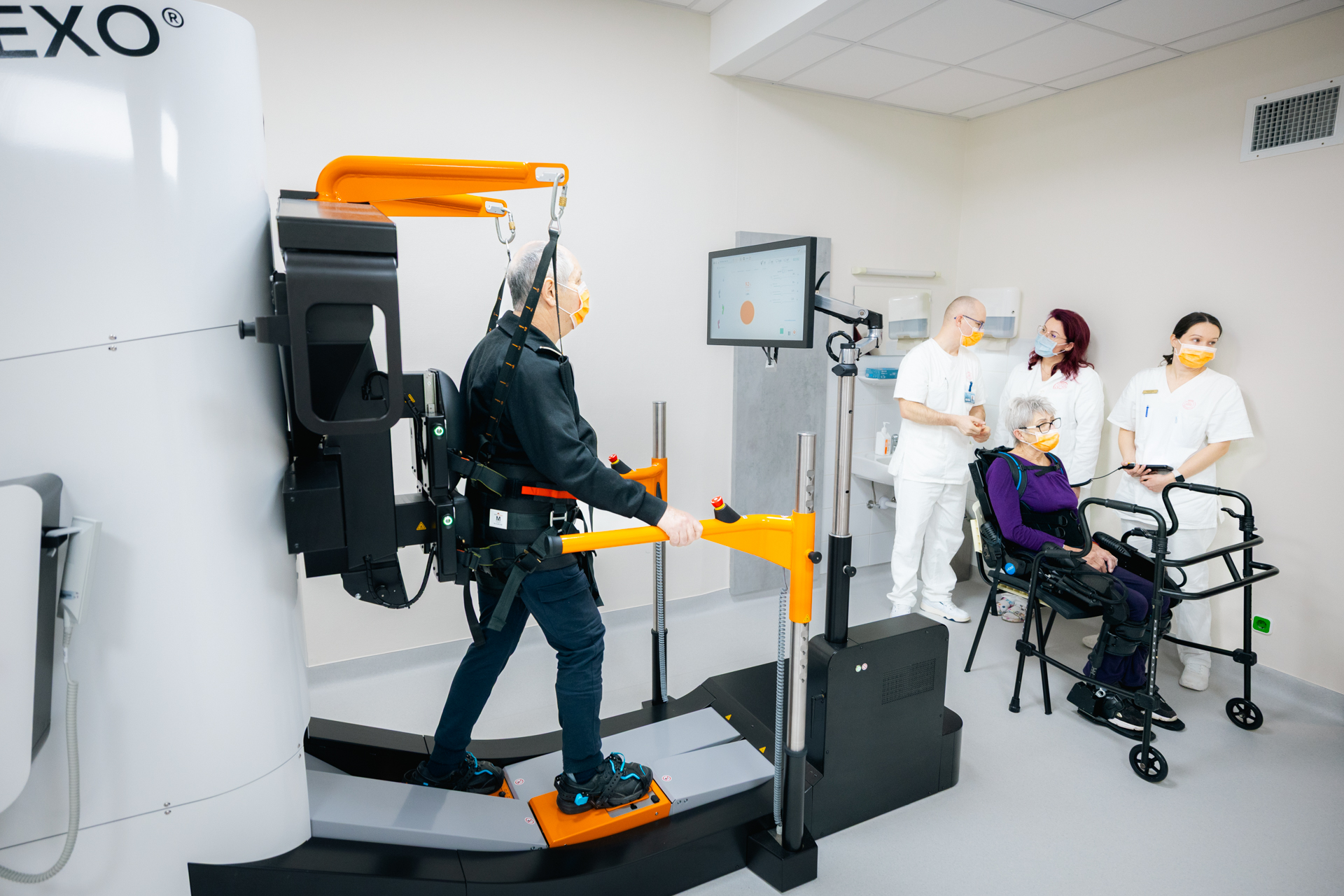University of Szeged
Albert Szent-Györgyi Medical School
Foreign Students' Secretariat
Your Education. Our Mission.
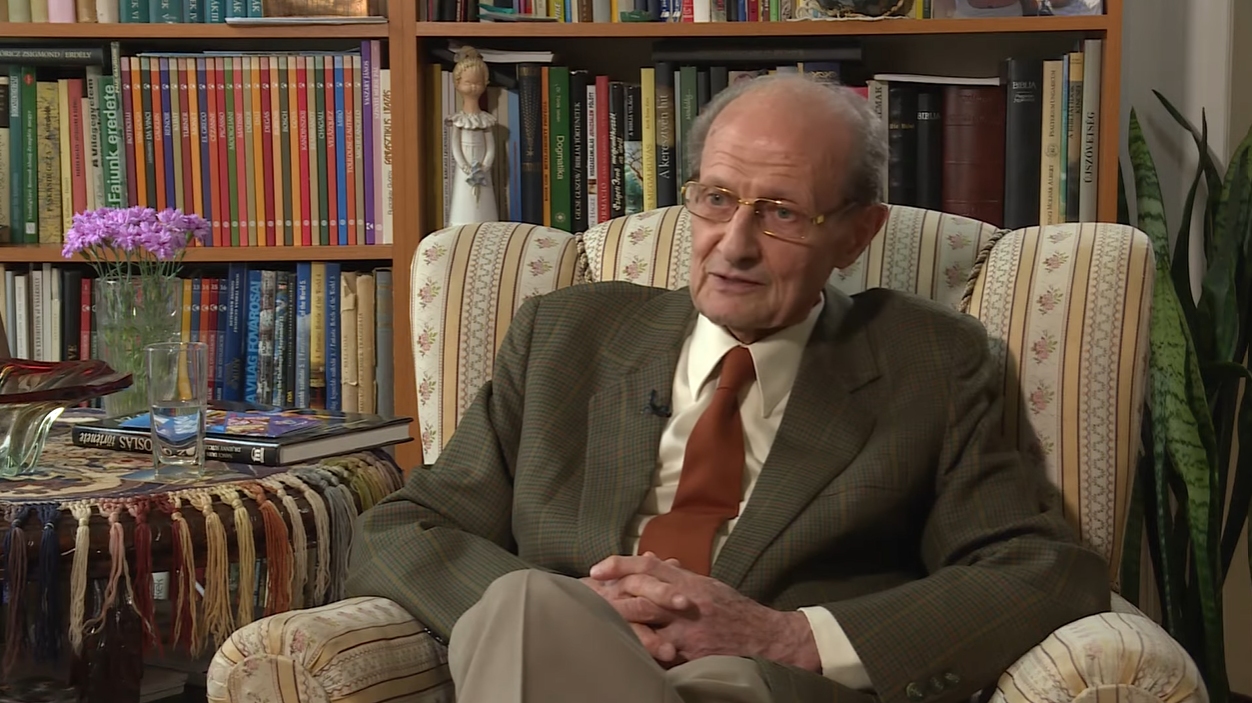
In memoriam Dr. Sándor Pintér, Professor of Paediatrics (1934-2022)
Prof. Dr. Márta Katona, paediatric cardiologist at the Department of Paediatrics (SZTE), former head of the neonatal intensive care unit, gave a memorial presentation on the life and professional career of Prof. Dr. Sándor Pintér, former head of the Department of Paediatrics and an outstanding figure of premature care in Hungary. The event was organised by the Szeged Committee of the Hungarian Academy of Sciences.
Dr Sándor Pintér graduated from the University of Debrecen in 1960, and subsequently worked in the paediatric department of the hospital in Karcag and then in Szolnok. He started his scientific work at the Medical School of Szeged in 1967, and during his six-month fellowship in Oxford in 1974, he published a paper on neonatology together with his host research group in the prestigious Journal of Physiology. In 1975 Dr. Sándor Pintér took up the post of lead paediatrician at the Géza Hetényi Hospital in Szolnok; his time in Szolnok is still remembered as the golden age of paediatrics in the city. After his years in Szolnok, Professor Pintér returned to the University of Szeged, where he became Professor Emeritus of the Department of Paediatrics after the retirement of Professor Domokos Boda. In September 1991, a notable medical event took place at the department, when the conjoined twins Melinda and Izabella, born in Kispereg (Romania) were successfully separated by a team of Szeged surgeons led by Dr Kristóf Füzesi.
Between 1994 and 1997, under the direction of Dr. Sándor Pintér, the Department of Paediatrics underwent extensive renovations, which included the modernization of the neonatal intensive care unit, the renovation of outpatient clinics and waiting rooms, as well as the conversion of the attic, which added 707 square meters of new space to the building. Prof. Dr. Márta Katona recalled that the 1990’s were crucial in the professional development of the perinatal intensive care unit of the department as well, with new treatment technologies and drugs being introduced nearly every year.
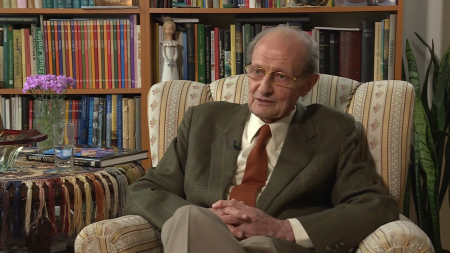
Another crucial achievement of Prof. Pintér was improving premature care and organising the transport of premature babies. He established the Szeged Neonatal and Pediatric Specialty Transport Services Foundation in 1994, and he served as the Chairman of the Board of Trustees until his death. The Foundation, which has been operating for almost 30 years, still transports newborn babies to the intensive care units of regional centres in Southern Hungary. The professional dedication of the service's paramedics is aptly reflected by the fact that no newborn baby has been lost during this extremely vulnerable means of transportation since the foundation was set up.
In an interview in 2006, when asked what he would wish for his institution and himself in the future, Professor Pintér said, ’If God grants me a few more years, I would like to continue to rejoice in the successes of others, witness the department’s internal and external values grow, spend more time with my family and grandchildren and also spend more time than ever in the garden under my favourite trees.’
At the memorial service, the audience welcomed Dr. Helga Lehotzky, pediatrician, pediatric gynecologist and widow of Dr. Sándor Pintér, who in a moving speech described the 65 years they spent together as a romantic and loving relationship. The secure background they provided each other with ensured that they could both devote their attention to medicine.
Csaba Bereczki, current head of the Department of Paediatrics at SZTE, also spoke highly of the late Professor. He also pointed out that 3 outstanding physicians of the department have already been recognised by the city of Szeged and awarded honorary citizenship: Domokos Boda (1995), Sándor Pintér (2017) and Márta Katona (2020).

